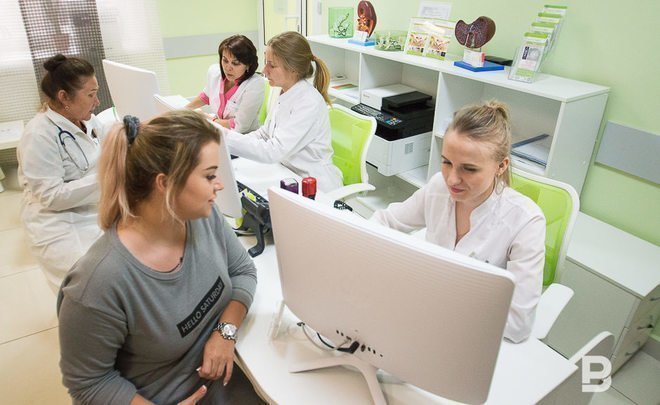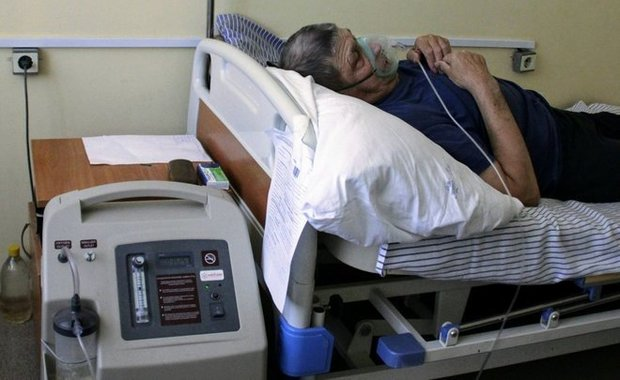Andrey Oschepkov: ‘Difficulties of social businesses are linked with inflation and price rise’

The number of social entrepreneurs has increased by a third in Russia — to 8,000. However, despite the positive dynamics, last year turned out to be a tough period for many of them. Entrepreneurs aimed to provide social support for the population faced both problems that were common for all the businesses and some specific ones. Prices for medicines and essential products raised by suppliers caused difficulties the most. In an op-ed column for Realnoe Vremya, head of the Committee for Social Entrepreneurship of the Tatarstan Chamber of Commerce and Trade Andrey Oschepkov talks more about how these businesses in Tatarstan survived the tough times and in what areas they are developing now.
Rising prices among counteragents
The last year turned out to be tough enough for socially oriented businesses in Russia. Difficulties were mostly linked with inflation and risen prices for products of many counteragents social entrepreneurs cooperate with.
For instance, if earlier we could buy 10 necessary products for 1,000 rubles, today we can do twice less for the same amount. I think representatives of all business areas notice this factor.

Goals and tasks of social entrepreneurship of Tatarstan haven’t changed — it is further expansion, growth of the activity that is important for society and, of course, enhancement of service quality. In general it became possible to avoid serious turmoil — companies continued operating and developing.
The only thing that affected our work was changes in counteragents’ pricing policy. As for the special operation and the announcement of partial mobilisation in autumn, they didn’t have a significant impact on our business processes. This happened because mainly women work in the social sphere, even in commercial organisations, they total nearly 90-95%.
Businesses designed to solve problems of unprotected population
What is social entrepreneurship? It is a business operating in the social sphere designed to solve problems of unprotected population — the elderly, children with health issues, people with disabilities or large families.

Social and domestic, social and psychological, social and labour and other business areas actively develop in the Tatarstan market today. For instance, some companies operating in the social and labour sphere help with training, employment and adaptation of people with disabilities. Such people can quite successfully work at call centres, moreover, even from home, after training.
People with cognitive disorders (Alzheimer’s, dementia), serious complications after heart attack, strokes and other diseases who cannot care about themselves turn to us for help.
Also, the republic has a network of clinics, guest houses, enterprises where the disabled and other socially unprotected citizens work. There are private educational or research centres, sports clubs that actively collaborate with this category of Tatarstan residents. As we see, this business area is represented almost in all spheres today.
Thanks to one’s own income or borrowings
Several hundreds of organisations and enterprises operate in social entrepreneurship in Tatarstan nowadays. And it is noteworthy that despite all the occurrences in the economy and politics of the country, their number continues growing — and this is very pleasing.
Moreover, social business companies grow not only quantitatively but also start to expand their businesses outside the republic and enter other regions of the country. For instance, The Power in Children project from Kazan that develops a chain of rehabilitation clinics for children with cerebral palsy.
If NGOs mainly exist thanks to charity, philanthropy, state support and grants, the activity of social enterprises is based only on their own incomes or borrowings, since, first of all, it is anyway a business that solves citizens’ problems.
Talking about what businesspeople from the social sphere expect from 2023, perhaps, like everybody they do peace and the absence of global turbulence. However, true entrepreneurs can withstand and save their business in any conditions. We don’t yet expect serious changes now, we work, develop, grow resting on our effort and capabilities.
Reference
The author’s opinion does not necessarily coincide with the position of Realnoe Vremya’s editorial board.